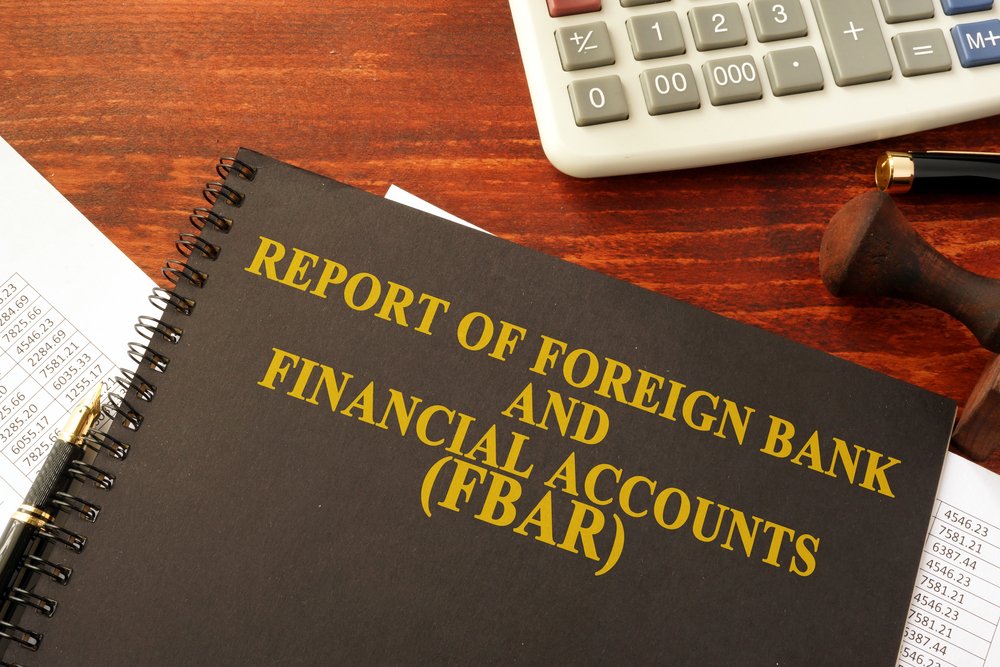By: Lynn K. Ching
Do you have an interest in a foreign financial account which you have not disclosed on a ‘Report of Foreign Bank and Financial Accounts’ (FBAR)? If so, heads up!! The IRS continues to prioritize prosecution of taxpayers with undisclosed offshore foreign accounts.
As has been wide publicized by the IRS, U.S. persons who have a financial 1 interest in, or signatory authority over foreign financial accounts – with a combined total exceeding $10,000.00 at any time during the year, are required to file an FBAR. The penalty for failure to do so is up to $10,000 for each non-willful violation, and a civil penalty of up to 50% of the balance of each foreign account or $100,000.00, whichever is greater, for a willful violation.
Courts have upheld the willful FBAR penalty in cases “when [a taxpayer] knowingly or recklessly fails to file” an FBAR. Willful blindness – or a situation where a 2 taxpayer consciously chooses to avoid learning about the FBAR reporting requirements has been held to be a form of recklessness sufficient to impose the willful FBAR penalty.
Back in the early 2000’s, and prior to FinCEN delegating its enforcement authority to the IRS to collect the FBAR penalty, few people – including many tax preparers, knew about the FBAR penalty. Then, it was arguably easier to present a case of a non-willful violation, where the taxpayer had never heard of the FBAR reporting requirement.
Today – many people, and certainly most CPAs and tax preparers – have heard of the FBAR requirement, and the penalties imposed for failure to report a foreign financial account. Therefore, there is a good chance that a tax preparer’s tax organizer used to prepare a tax return, would ask a client whether s/he had an interest in any foreign account(s), and that this issue would be brought to the client’s attention. If a taxpayer fails to disclose his or her foreign account(s) to his or her accountant on
1 A United States person includes a US citizen, or a resident alien such as a green card holder, or one who meets the substantial presence test.
2 Bedrosian v. United States, 912 F.3d 144, 152 (3d Cir. 2018)
3 United States v. Williams, 489 F. App’x 655,659 (4th Cir 2012).
the tax organizer, or leaves the question regarding the foreign account blank – for the reasons stated above – there may be a stronger case that the taxpayer’s failure to file the FBAR was purposeful, and due to “willful blindness”.
Even if a taxpayer self prepares his tax return, given all the press and readily available information on the requirement for U.S. persons to file FBARs, a taxpayer who continues to ignore the FBAR reporting requirement – may find himself at risk of being assessed the willful FBAR penalty.
That being said, the IRS offers various programs for taxpayers with delinquent FBARs. If you have an undisclosed foreign financial account, you should consult with a tax attorney and consider your options.
Lynn K. Ching is a partner and attorney at Diosdi Ching & Liu, LLP, located in San Francisco, California. Lynn may be reached at (415) 318-3990 or by email at lching@sftaxcounsel.com.
This article is not legal or tax advice. If you are in need of legal or tax advice, you should immediately consult a licensed attorney.
